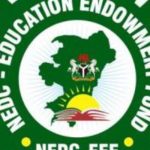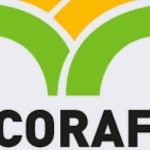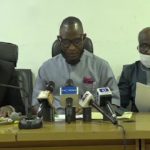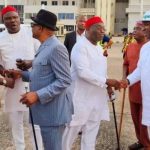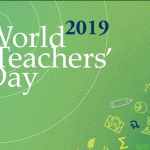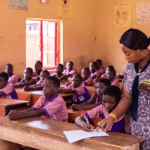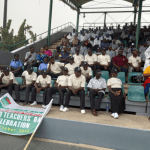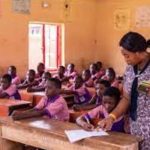A three-day capacity-building workshop for 60 newly hired STEM teachers in Lagos State Education District VI has concluded.
Mrs Adeola Akinsulure, the event’s convener, praised participants for their dedication throughout the exercise.
She expressed her appreciation to the US Department of State Bureau of Educational and Cultural Affairs for the sponsorship provided by the US Government through IREX.

She said; “the Training has been an eye opener to help the teachers become more informed and better at what they do, as the students will be the major beneficiary.”
Mrs Akinsulure reiterated the relevance of education in national development which cannot be over-emphasized.
Participants were encouraged to create a Science Class Improvement Plan (SCIP) for their particular schools, utilizing all of their knowledge and experience.
Mrs Akinsulure reaffirmed her dedication to this great achievement, announcing the formation of a Professional community called the STEM Collaborators.
She said the community would be saddled with the responsibility of creating mentorship, providing networking opportunities for all participants and free online Webinars to help improve their skills going forward.
Participants described the event as timely, vowing to replicate the gesture while impacting lives.
They unanimously affirmed that the training gave an insight into how to access free educational resources online and leverage technology to stimulate students’ interest and participation in STEM innovations.
Recommendations made at the end of the programme by participants are;
“Teachers should equip themselves and be ready for the new world of STEM. The inclusion of indigenous languages in STEM curriculum and translation for faster and quicker adoption.
STEM businesses are constantly evolving and changing, thus STEM teachers must be creative and versatile in their teaching approaches to get the most out of their pupils.
Scientific skills, acquiring technologies, production skills, and design thinking should all be prioritised.
STEM education requires teachers to bridge the gap between the classroom and real life. Underrepresented communities in STEM should have instructional programs or clubs in schools.



